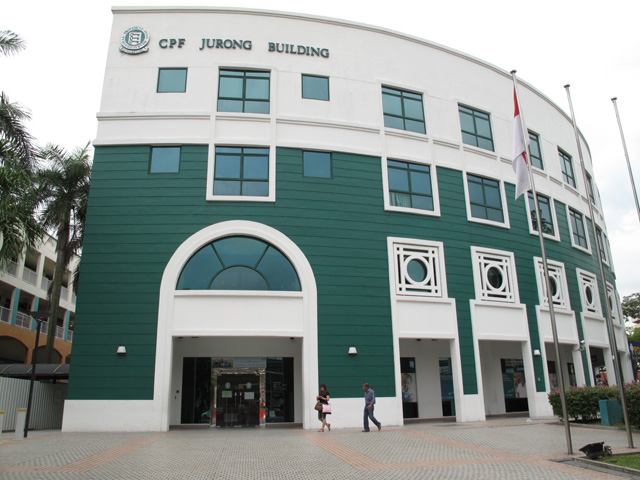
Employer contributions in Singapore are collected by the Central Provident Fund (CPF). The deductions and levies contribute towards savings for Singaporeans and Permanent Residents (PRs) for retirement, insurance and building their homes. There are also certain levies that go towards different ethnic funds. We will go through all these deductions and levies.
CPF
CPF contributions are done by the employee and employer. The contributions ar e restricted to Singaporeans and PRs only. There are 4 major accounts that CPF contributions go into: Ordinary Account (for retirement, housing finance, investment, education), Special Account (for old age and special contingencies), Medisave Account (for hospital bills) and Retirement Account (this account is opened once the employee turns 55). Check out these links to find out contributions rates and deadlines.
e restricted to Singaporeans and PRs only. There are 4 major accounts that CPF contributions go into: Ordinary Account (for retirement, housing finance, investment, education), Special Account (for old age and special contingencies), Medisave Account (for hospital bills) and Retirement Account (this account is opened once the employee turns 55). Check out these links to find out contributions rates and deadlines.
Foreign Workers Levy
The levy is imposed on employers who employ foreign workers with Work Permits or S Passes. Levies do not need to be paid for employees with Employment Passes. The levy is calculated based on the ratio of Singaporeans to foreign employees that your business employs. Here is a link on how the foreign levy is calculated. The levy is paid on the first of every month. More details on the FWL here.
Skills Development Levy
The SDL goes to the Skills Development Fund, which provides grants for training programmes and workforce upgrading programmes. The levy must be paid for Singpaorean, PR and foreign workers. The rates are linked here.
Ethnic Fund
There are 4 Self Help Group (SGH) Funds that collect levies based on the ethnicity of your employees. The four funds are:
- Chinese Development Assistance Council (CDAC) Fund, administered byCDAC
- Eurasian Community Fund (ECF), administered by the Eurasian Association(EA)
- Mosque Building and Mendaki Fund (MBMF), administered by Majlis Ugama Islam Singapura (MUIS)
- Singapore Indian Development Association (SINDA) Fund, administered by SINDA
The levy is paid out of employees’ salaries. Employees may choose to opt out of the levy by signing the relevant forms. The levy must be paid every month. Here are the rates.
If you are looking for a Singapore cloud based payroll platform – look no further. PayrollHero’s end to end solution includes time, attendance, scheduling, HRIS and Singapore payroll. Plus, amazing business intelligence. Let us know if you want a one on one demo.
For more information on CPF contributions, make sure to read this link. If you want to know more about employer contribution in the Philippine, check out Payroll in APAC: the Philippines.. Hope this helps!
Disclaimer: As always, consult your lawyer or accountant for advice! We are here to help, but your specific situation should be reviewed by a professional with complete knowledge of your situation.

